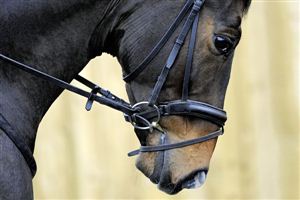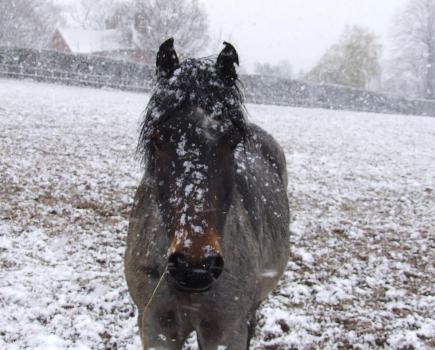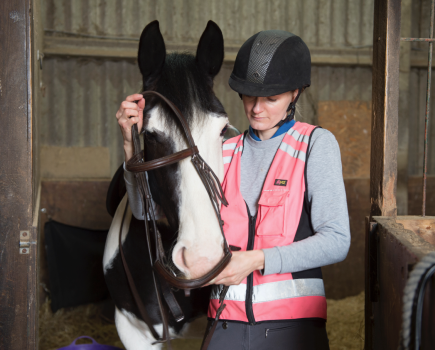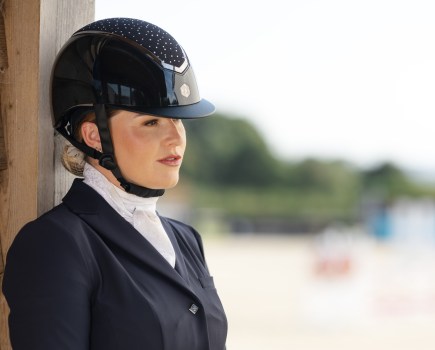It might seem counter-intuitive, but bitting expert Ema Odlin explains the solution to your control issues is likely to be a milder bit.
The mouth and tongue are your horse’s most sensitive areas, so the
bit is of crucial importance. It can do one of two things – bring about relaxation or evasion, with the latter causing tension.
The tongue is a very long muscle running all the way down to the sternum, and if there’s tension there the whole front end of your horse is tight. If your muscles are tense it makes you edgy, and it’s the same for your horse – you’ll see the whites of his eyes, his ears will be back and it takes less to upset him so he’ll be more likely to bolt.
If you hang onto a horse, he’ll just hang on back, regardless of the mouthpiece – he’ll take that pressure and keep fighting because he won’t give in.
On a horse who’s used to doing this, I tend to recommend the Myler 3304, a combination bit which works on five pressure points including the nose and chin, engaging these before the mouthpiece action kicks in, which can really help with a horse who’s become hardened and used to grabbing the bit.
Most cases of pulling, snatching or leaning are caused by a bit putting excess pressure on the mouth. A lot of people use single-joint bits but they can close like a nutcracker, pinching the tongue and pushing the joint up into the roof of the mouth, teaching the horse to push his jaw into the back of the bit to stop this happening.
A lot of people say their horse is too strong and resist using a milder snaffle, but their horse isn’t actually being strong, he’s just evading the contact. By going back to something less harsh or sharp their horse stops leaning because the uncomfortable feeling is no longer there, whereas if you over-bit your horse he’ll continue to evade and become more difficult, potentially damaging his mouth.
When choosing a bit, we’d select the most suitable mouthpiece for the horse – you want something which encourages him to relax his tongue. We then choose the cheek type (bit rings) for the rider to give them what they need, so you can combine a milder mouthpiece with things like a curb or poll pressure to give the rider
more control.
If you’re unsure about bitting options, always ask someone who knows about bits to help, don’t just rely on what your trainer tells you. Bits have moved on so much, there are so many new ones which can help and the difference it can make to your horse’s temperament and performance is amazing.










